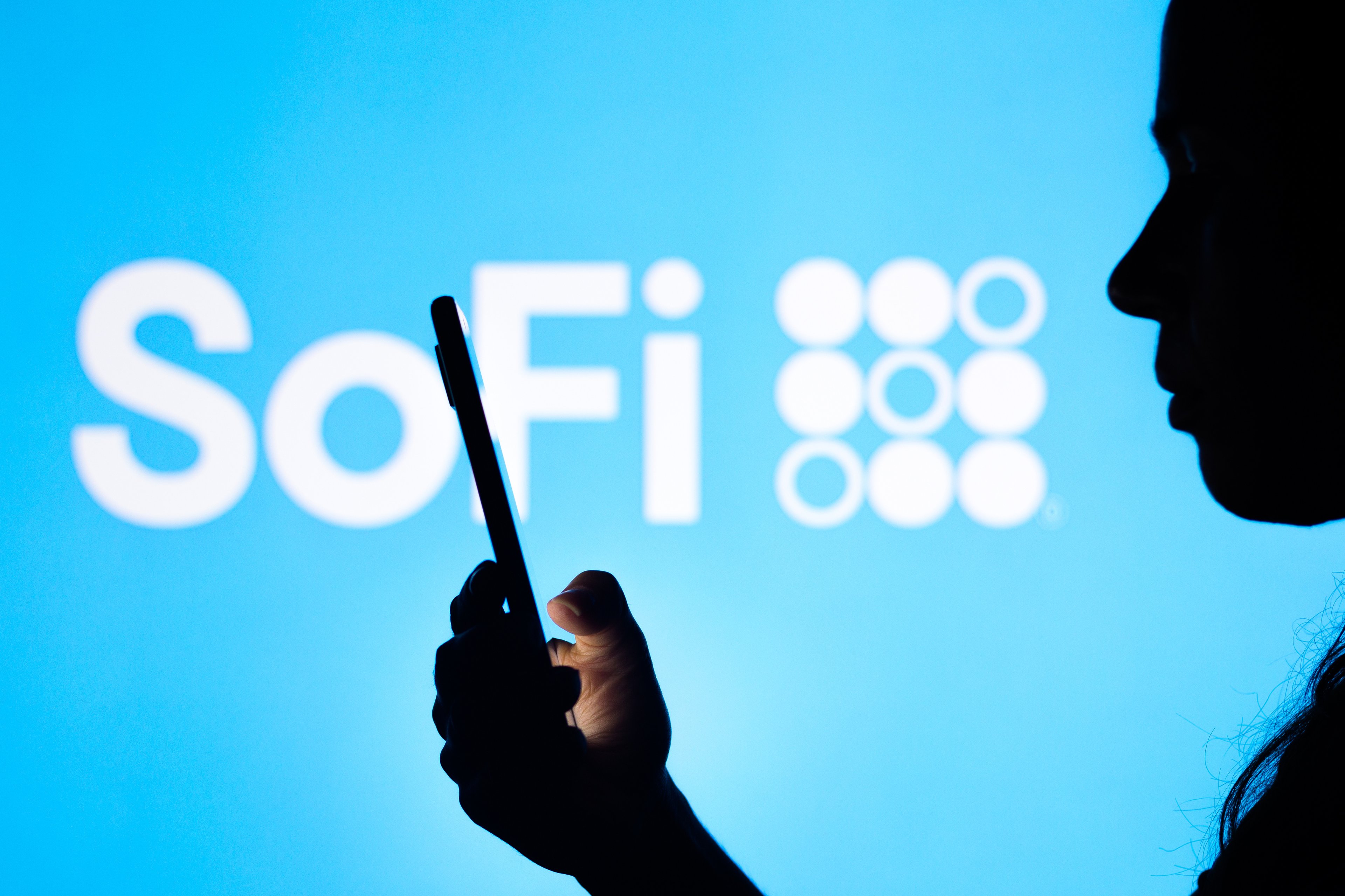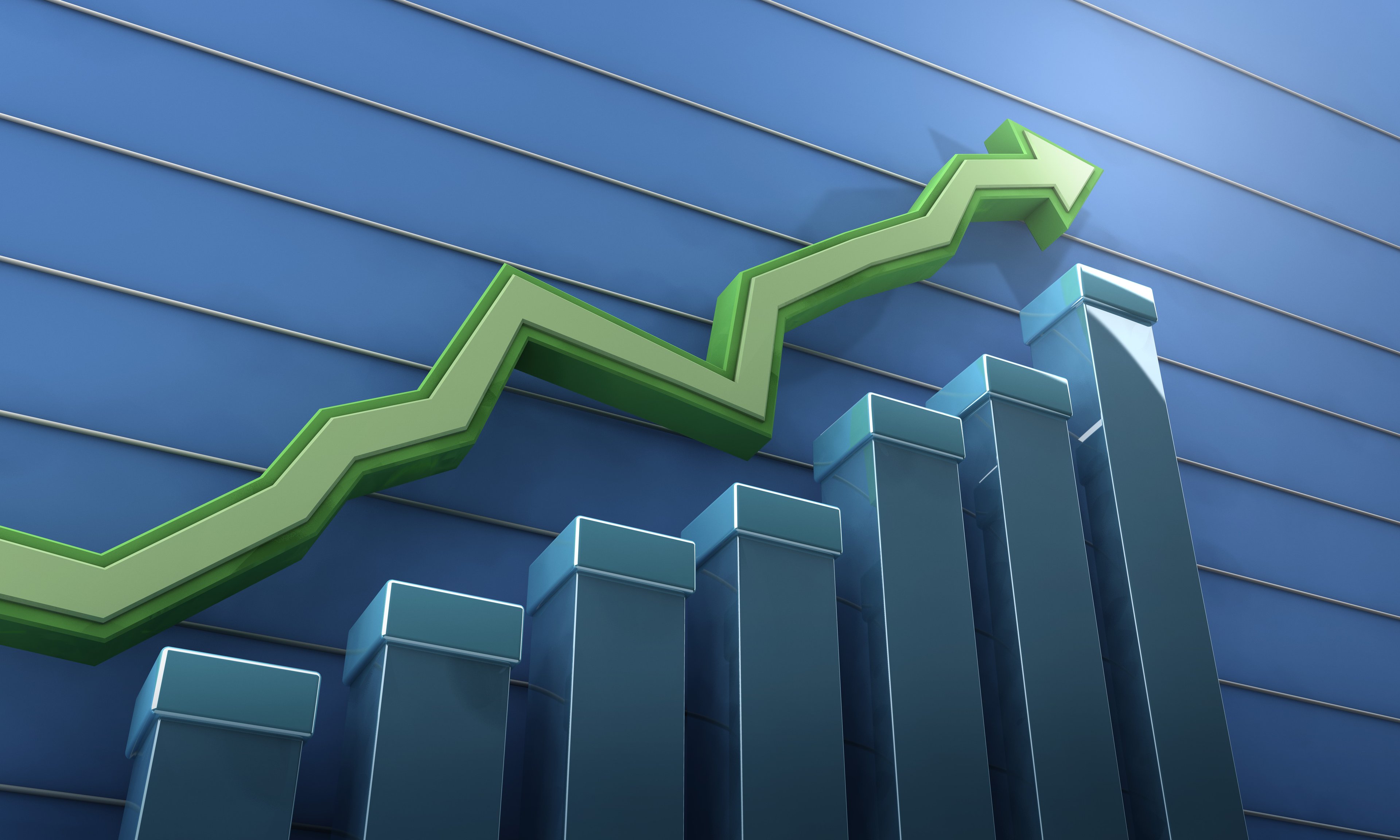This podcast was recorded on Sept. 21, 2016.
David Gardner:
And now to company number four. Now this is the first stock that I had that was a significant winner, and I did have a little bit more invested in this one, and as winners will do, it caused what I had invested in it to become a greater share of my portfolio by doing so well over the course of a few years.
So the company was TCBY. Some of you will recognize that. Maybe you're driving down the highway and you see a rest stop, and there are a number of food brands, and you'll see TCBY in some areas of the country is out there. This is company that was started in 1981, and TCBY stood for "This Can't Be Yogurt." It was the early age of FroYo, and part of the promise of FroYo -- it's still true today -- is that it is somewhat healthier than ice cream itself. It is less fatty, and while it's still not particularly healthy on its own, frozen yogurt was a better replacement, in my mind back then, for ice cream, which I loved as well. It just wasn't quite as healthy.
So "This Can't Be Yogurt" started in Little Rock, Arkansas. Frank Hickingbotham was the CEO of the company, and then over the first three years of the company, it franchised and went to 100 stores by 1984. So three years later from one store to a hundred, and within a year or so after that, the company came public. And it was a raging winner for me. My biggest two memories of TCBY as a public company: number one, the stock would rise from $18 to $27, split three-for-two, back to $18, back to $27 again, split three-for-two again. I learned about stock splits from TCBY.
And in the summer of 1986, it had a monster move. I'm going to say that the stock more than doubled over the course of just a couple of months, and I remember that because I had a college summer internship at Salomon Brothers, so I was on Wall Street, and I had something like a Bloomberg box in front of me, and I was able to watch TCBY stock moving and arcing up over the course of that summer.
And I had friends who knew I owned the stock who would give me a call saying, "Are you seeing this stock? What is happening?" And I didn't really know what was happening. but somewhere, toward the end of that summer, there was a "Heard on the Street" article in The Wall Street Journal that talked about how TCBY was under what they were terming -- I didn't know what it was at the time -- a "short squeeze."
So let's briefly talk about short squeezes, because this is the lesson for TCBY. What happens when people start to bet against a stock is that they short the stock. And that means they sell the stock first and then buy it later, hopefully for them, at a lower price. So you're still buying low and selling high, but you're doing it in reverse order. You're selling high and then hoping later to buy that stock lower.
Now, if you're new to shorting, I should mention that you might wonder how you can sell a stock you don't own. What happens is you simply tell your broker -- let's say at Schwab -- you say, "Hey, Schwab, I'd like to sell short that stock," and Schwab will borrow the shares from an existing account at Schwab and loan them to you. You sell them right away. You get cash in your account, but you're going to need to hold on to that cash because you're going to need to pay it to buy that stock back lower, that that's kind of how short selling works. It's something I've talked about in the past.
At Fool.com we used to do it some with our free online portfolio. I haven't done it for years. I still respect it. I kind of like it. But it doesn't make a lot of sense for those of us who are patient investors, because the market goes up over time, and you're going to do a lot better by finding things that go up than by playing short-term drops.
Anyway, what I didn't know at the time was that there was a huge amount of short selling going on that summer in TCBY -- people doubting the company. For example, a lot of people pointed out that their brand name might not even work. "This Can't Be Yogurt" sounded a lot like another company that was out there first -- ICBY, which stood for "I Can't Believe It's Yogurt."
And a lot of people said, "That sounds like a trademark violation. TCBY, 'This Can't Be Yogurt' -- they're copying ICBY, 'I Can't Believe It's Yogurt' -- and they came second." And indeed, that was a problem, and TCBY eventually lost that lawsuit and had to rebrand itself. TCBY -- I believe it then became "The Country's Best Yogurt."
I think I still owned shares at the time, but a lot of people were betting against this franchisee with its hyper growth and its recent IPO with a questionable brand name, and so all of that betting against the company stood in the face of the company's operations, reported throughout the year of 1986, which were stellar and caused the stock to keep rising. And when a lot of people are betting against the stock, and it starts to rise, they panic, sometimes, and start to buy back those shares they'd already short sold, and it only propels the stock even higher as all this extra buying comes in from people who feel bad about their short selling.
So that's what was happening that summer of 1986. I learned about short squeezes, and in the end I learned that TCBY wasn't going to be a great stock. I did continue to hold. I did not manage to sell out at its highs. The company eventually declined and was taken private. I believe actually the company was bought out by Mrs. Fields, the cookies company.
And so you still see TCBY around today, but for me, that was truly my first multibagger. And so in addition to the lesson I learned about short squeezes, and that sometimes short sellers are right -- which is good to keep in mind -- I learned the excitement that comes from multibaggers.
And a few years later, when I read Peter Lynch's book One Up on Wall Street, in which he glorified finding stocks that make a multiple of their original cost for you, he in particular was lionizing the idea of 10-baggers. TCBY was nothing like a 10-bagger for me, but I had tasted the fruit, and Lynch's inspiration to go and think about companies that can make big multiples of your initial investment became really exciting to my 20-something-year-old eyes and really have been kind of a focus of mine, ever since. So TCBY -- a taste of the fruit -- the fruit though, in this case, kind of crunched up and put in low-fat yogurt that was frozen at the time and ended up kind of freezing me out somewhere in the late '80s as I sold at a profit, but not what I could have had.





